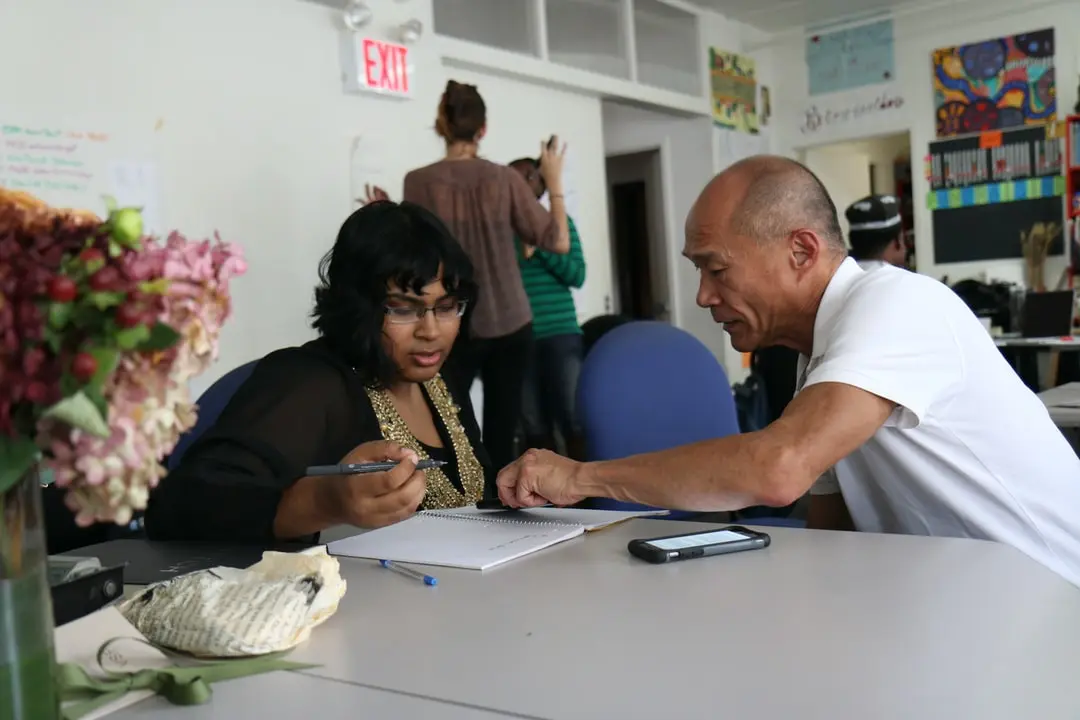- Home
- Blog
- Studying Abroad
- How Expats Can Support their Children Who Are Studying Abroad

How Expats Can Support their Children Who Are Studying Abroad
Studying abroad can be a fantastic experience for your child. It provides lifelong benefits, like building confidence and understanding of other cultures.
23 avril 2019 — 6 min read
Please Note: This article was previously published on the HiFX blog. Due to popular demand, it has been resurrected from the internet archive and updated. Enjoy!
Studying abroad can be a fantastic experience for your child. It can provide lifelong benefits, such as:
Building confidence
Increasing employability
Enriching their understanding of international cultures, traditions, and perspectives
Creating friendships with people from all around the world.
It can also be an anxious time for parents who are trying to balance a desire to protect their child with the knowledge their son or daughter will get more out of their education experience. This will only happen if their son or daughter are allowed the freedom to achieve their own goals, make their own mistakes and learn how to cope on their own.
So how much do you support your children while they are away?
We’ve got some practical tips for how you can support your child through the process, while also giving them the freedom to develop valuable life skills.
Practical Support

Photo by Tim Mossholder / Unsplash
First, ensure you know where your child or teen's key documents are and that you have contact details for their school. Make sure certificates like visas and insurance are in place, both for your child’s safety, and for your own peace of mind.
However, in other areas, it might be worth taking a step back. If your child doesn’t check what they’re allowed to take on the plane with them, what’s the worst that can happen? This might result in an embarrassing conversation at the airport and perhaps they’ll have to leave behind a jar of Marmite (or Vegemite for our parents down under) that shouldn’t have been in their hand luggage. This will teach an important lesson about preparation, and make for a good story for later in life.
Emotional Support
Being so far away from home can be difficult, both for you and for your child. The good news is that technology makes it easier than ever to stay in touch. Before your child leaves, it is worth agreeing with them how and how often you will stay in touch, although you might find this needs adjusting once your child has settled in.
You can find some tips here on what kind of affordable communication options are available to you.
It’s natural for your child to feel a little homesick sometimes, but this can help them become more resilient in the long run. Remain positive, reassure them these feelings are normal and you have confidence that they can get through this.
Remind them there are people nearby that can help, such as other students and teaching staff. In the majority of cases, these feelings will pass and your child will focus on the positive experiences in the long run. But if the negative emotions persist and you are becoming concerned, then you may wish to consider contacting the programme provider to see if additional support is required.
As well as looking after your child, make sure you take care of yourself. It’s understandable for you to feel anxious, lonely or a whole range of other emotions. It can be helpful to talk to other people who have been through the same thing, and there are online communities such as Babble, Bundoo, or CafeMom that can offer support, advice or at least a virtual sympathetic ear.
Financial Support
You may find that you end up covering a number of additional expenses as a result of your child’s decision to study abroad, so it’s good to be aware that some costs can be avoided or reduced.

Photo by Monica Melton / Unsplash
For example, your child may be charged hidden fees for withdrawing money from a foreign ATM or when using a credit or debit card abroad. It’s worth encouraging them to do some research into this before they leave so that they’re getting the most from your money.
It may actually be easier and more cost effective for your child to open a student account with a local bank, depending on where they are studying and how long they are there for. This also avoids the need to carry around large amounts of cash, which has a number of risks attached to it.
You may also wish to discuss with your child the impact of exchange rates on how much they get for their money, particularly as there has been a lot of movement in the value of the Pound since the UK voted to leave the EU.
It might help to download a currency converter app such as the XE Currency Converter, which will help them to understand how much they are actually spending. The exchange rate becomes particularly important when transferring a large amount of money, for example to pay tuition fees, so by timing the payment well they could reduce the amount they pay.
Finally, it’s important to be clear in advance what level of financial support you are planning to provide. This could be a great opportunity to teach your child how to manage a monthly budget. Numbeo is helpful for understanding how the cost of living varies around the world, so you could use this to agree what is a reasonable monthly budget for your child and where this money will come from.
Studying abroad is an exciting time for students, although it can be stressful for parents. But whether you’re making a one-off payment, or sending a regular monthly allowance, XE can help you make international money transfers quickly, easily and securely.
Please contact us to find out how we could give you one less thing to worry about.
The information, materials, accompanying literature and documentation available on our internet site is for information purposes only and is not intended as a solicitation for funds or a recommendation to trade.
XE, its officers, employees and representatives accept no liability whatsoever for any loss or damages suffered through any act or omission taken as a result of reading or interpreting any of the above information.
While we take reasonable care to keep the information on the website accurate and up to date, there may be occasions when this is not possible. Case Studies and articles are not intended to predict future moves in exchange rates or constitute advice. XE makes no representations, warranties, or assurances as to the accuracy or completeness of any information derived from third party sources. If you are in any doubt as to the suitability of any foreign exchange product that you are intending to purchase from XE, we recommend that you seek independent financial advice first.
Related Posts

14 juillet 2023 — 7 min read

23 décembre 2020 — 6 min read

26 novembre 2020 — 7 min read

15 octobre 2020 — 7 min read

10 septembre 2020 — 5 min read

23 juillet 2020 — 4 min read